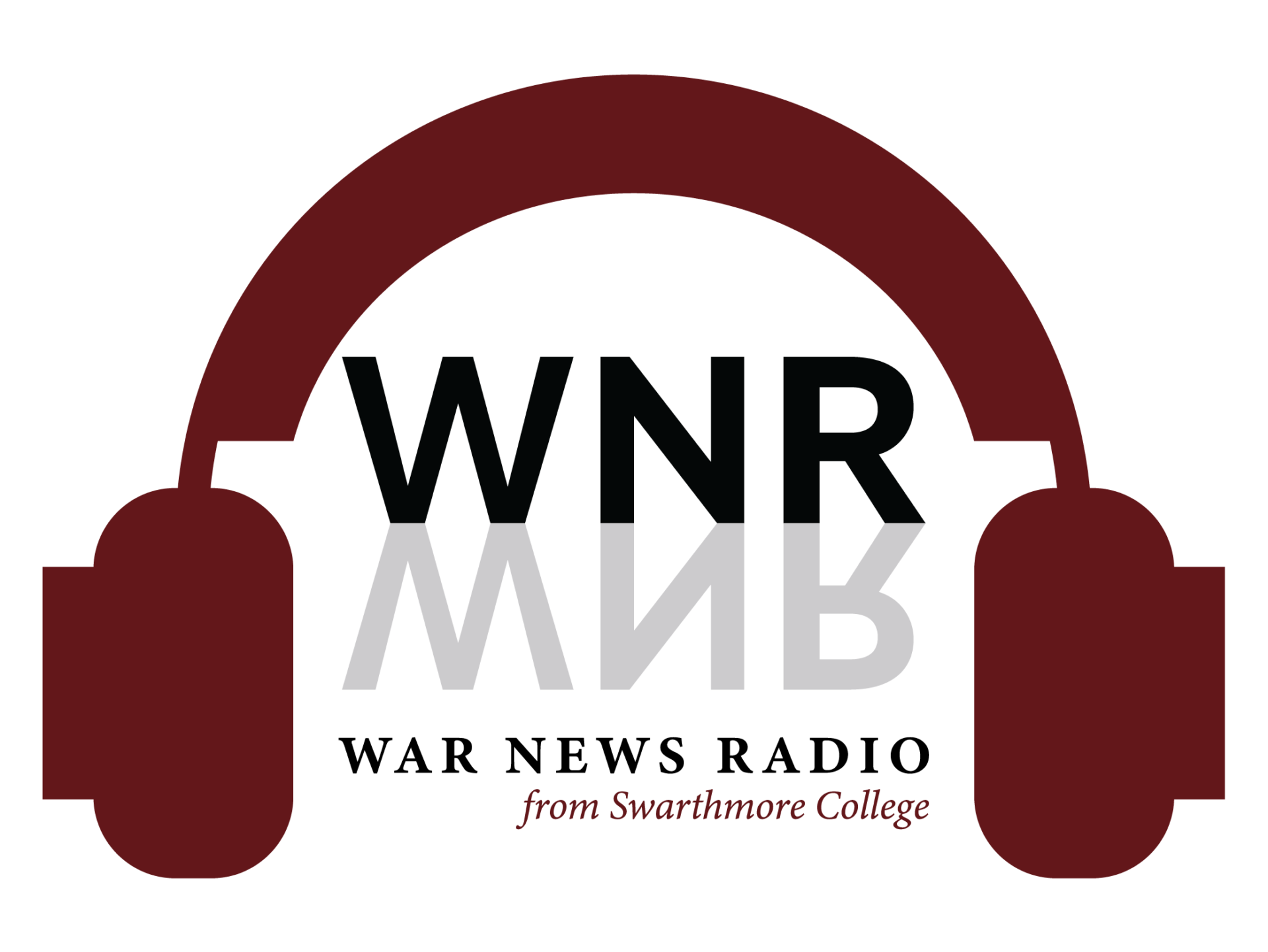Upcoming Kurdish Elections
This piece first aired in July, 2009, as part of the show, “Northern Prospects.”
- HOST: The residents of Iraqi Kurdistan head to the polls this Saturday to elect a new Parliament and President. These elections come amid growing dissatifaction with the ruling KDP and PUK parties. Kyle Goeckner-Wald spoke to Lydia Khalil of the Council on Foreign Relations to explain why some hope this a turning point for Iraqi Kurdistan.
KYLE GOECKNER-WALD: Could you give a short background of who currently holds power in the Kurdistan Regional Government?
LYDIA KHALIL: It’s the two main Kurdish parties. The first one is the Kurdistan Democratic Party and the second one is the Patriotic Union of Kurdistan. The KDP and the PUK. They have ruled the Kurdistan region ever since its inception, and in fact in the mid 1990’s, they actually fought a civil war within that region, between each other. And the way that they were able to broker a peace between that civil war was to essentially carve up the Kurdish region into two. So you had one region that was administered and governed by the KDP and another region that was administered and governed by the PUK. In 2006, they signed a unification agreement that pledged to bring those two regional governments together. In doing so, basically what they did is they locked in their rule of the broader Kurdistan region for years to come. Now this made opposition figures and the general public very unhappy because they said ‘how can it be that a democracy is taking hold in Iraq if you’ve basically set up a construct where the KDP and the PUK are going to be ruling indefinitely?’ So this is a big issue in the coming election.
KYLE GOECKNER-WALD: And these elections are expected to be a turning point for the Kurdish region. And I’m wondering why that is.
LYDIA KHALIL: Corruption issues are featuring very prominently in the election debate. There is a general viewpoint that the PUK and the KDP have become very corrupt, that a lot of the money and oil revenues that are flowing into the region are being monopolized by these two parties and their cadres, and the wealth is not being distributed in terms of good governance and service throughout the region. But again, this is the first time where the opposition’s voice is really being heard. The fact that these things are being discussed, and they’re the main issue of these elections is huge. And it’s making the two ruling parties very nervous about that.
KYLE GOECKNER-WALD: And who is the opposition?
LYDIA KHALIL: The main opposition really falls into two camps. One is the Kurdistan Islamic Union which is an Islamist party that has battled the traditional PUK-KDP ruling class for a while. And then the other one is actually led by a former PUK leader, Nicherwan Mustafa, and he’s leading a party called the Change. And they are making, reportedly, some inroads in some of the major cities in the Kurdistan region.
KYLE GOECKNER-WALD: As you’ve said, a lot of Kurds are really concerned about corruption issues – sort of domestic internal issues inside Kurdistan. But is the Kurdistan region’s relationship with Baghdad playing any role in this election?
LYDIA KHALIL: It definitely is. You have a lot of young people in Kurdistan, who never really lived within Iraq proper. Remember in the early 90’s after the Gulf War, Kurdistan was separated from Iraq under the no-fly zone, so the were protected under that. They weren’t governed by Iraq. They didn’t travel to Baghdad. Many of them can’t speak passable Arabic. They feel very much Kurdish and they feel constrained by having to become a part of the greater Iraq nation. So Kurdish nationalism issues are key. And encapsulated in that is this issue of Kirkuk. Many Kurds feel that Kirkuk is rightfully theirs and should be governed under the Kurdistan Regional Government, and should not be governed by the central Baghdad government. So the ability of either the incumbent parties in the KDP or the PUK or the new opposition to deliver Kirkuk to the Kurdish people is a huge factor. Most Kurds want more independence from Baghdad. You talk to many Kurds and they will say ‘Our dream is to have an independent nation,’ so the closer that any one of the parties can lead the Kurds to that, the more support they are going to get within the Kurdish population.
KYLE GOECKNER-WALD: I’m wondering if these elections are clean. In that there’s been reports of voter intimidation, and what not happening in Kurdistan.
LYDIA KHALIL: I think these elections are a lot more clean, quote unquote, than the last ones that took place three or four years ago. During the last elections, you had a lot of reports of ballot stuffing and voter intimidation. This time around, you have international observers, the ballots are going to be counted in Baghdad, independent election monitoring services are going to be present in Kurdistan during that, so I think that the potential for a good, fair, clean election is a lot higher this time around than it was the last time.
KYLE GOECKNER-WALD: Thanks so much for finding the time to talk with us. I really appreciate it.
LYDIA KHALIL: No problem – hope it’s helpful.
HOST: That was Lydia Khalil of the Council on Foreign Relations, talking with Kyle Goeckner-Wald.
